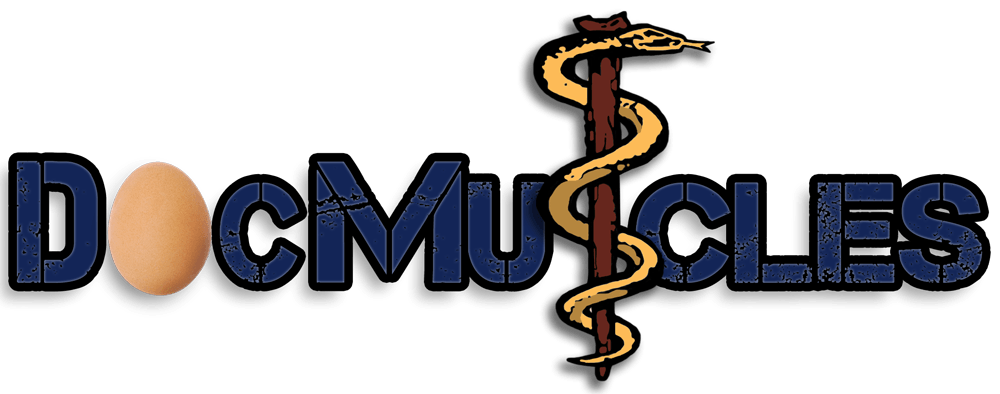
It has long been understood that tumor cells of any kind require high levels of glucose to grow and spread (1,2). It is also recognized that higher levels of insulin, commonly found in patients with insulin resistance or type II diabetes, are 2.4 times more likely to stimulate the development of breast cancer (3). A diet low in glucose has thereby been theorized to be an adjunct to cancer treatment.
Ketogenic diets have been demonstrated to be therapeutically useful in the treatments of epilepsy and cardiovascular disease (4). A ketogenic diet is one in which carbohydrate levels are kept below 50 grams per day and fat intake is increased to the point that the body shifts its metabolism to use triglycerides, and the ketones derived from triglycerides, as the primary fuel source for the majority of the cells within the body. With this understanding in mind, the application of a ketogenic diet, one high in fat and protein with limited carbohydrate or glucose has been suggested as a adjunct to cancer treatments (5).

A recent study (6) in the Oncology Letters evaluated the benefits of a ketogenic diet in 78 cancer patients in clinical practice. A novel marker measuring the tumor cells use of glucose called transketolase-like-1 (TKTL1) was closely monitored, as was each of the 78 patients adherence to a ketogenic diet. Increased TKTL1 was noted in more aggressively active and growing tumors (7,8).
Among the 43 males and 35 females, 7 patients agree to and followed a fully ketogenic diet and 6 of them followed a partially ketogenic diet. Ketogenic meals were provided by a German company called Tavarlin that would prepare and mail ketogenic meals including oil, fat, snacks, bread, protein and energy drinks. Dietary journals were reviewed every three months over a period of about 10 months.
40 % of these patients experienced a halting of the tumor progression and 60% experienced improvement noted by normalization of TKTL1 or reduction in TKTL1, respectively. Those on a ketogenic diet demonstrated an average reduction of TKTL1 by approximately 50%.
This is the first study of its kind and has significant potential. Could dietary carbohydrate restriction be an effective cancer treatment or adjunct to cancer treatment?
Because the food diaries were based on reporting only, the sample study was very small, and patients treated in the outpatient setting have the possibility of variability in the standard oncologic treatments, the results must be interpreted with caution. However, the data is very promising. This study is one in which I have great interest as I have seen similar results in my clinic on a case by case basis.
Based on the limitations noted above, rigorous randomized control studies are needed, but this is an exciting an promising first step. Additionally, the presence of a marker for tumor growth that correlates with diet is remarkable. And, it provides the ketogenic specialist a possible measurement tool that could be used clinically.
References:
- Klement RJ and Kämmerer U: Is there a role for carbohydrate restriction in the treatment and prevention of cancer? Nutr Metab (Lond) 8: 75, 2011
- Vaughn AE and Deshmukh M: Glucose metabolism inhibits apoptosis in neurons and cancer cells by redox inactivation of cytochrome c. Nat Cell Biol 10: 1477-1483, 2008.
- Gunter MJ, Hoover DR, Yu H, Wassertheil-Smoller S, Rohan TE, Manson JE, Li J, Ho GY, Xue X, Anderson GL, et al: Insulin, insulin-like growth factor-I, and risk of breast cancer in postmenopausal women. J Natl Cancer Inst 101: 48-60, 2009.
- Paoli A, Rubini A, Volek JS and GrimaldiKA: Beyond weight loss: A review of the therapeutic uses of very-low-carbohydrate (ketogenic) diets. Eur J Clin Nutr 67: 789-796, 2013.
- Ruskin DN and Masino SA: The nervous system and metabolic dysregulation: Emerging evidence converges on ketogenic diet therapy. Front Neurosci 6: 33, 2012.
- Jansen, N., Walach, H.”The development of tumours under a ketogenic diet in association with the novel tumour marker TKTL1: A case series in general practice”. Oncology Letters 11.1 (2016): 584-592.
- . Schwaab J, Horisberger K, Ströbel P, Bohn B, Gencer D, Kähler G, Kienle P, Post S, Wenz F, Hofmann WK, et al: Expression of Transketolase like gene 1 (TKTL1) predicts disease-free survival in patients with locally advanced rectal cancer receiving neoadjuvant chemoradiotherapy. BMC Cancer 11: 363, 2011.
- Zhang S, Yang JH, Guo CK and Cai PC: Gene silencing of TKTL1 by RNAi inhibits cell proliferation in human hepatoma cells. Cancer Lett 253: 108-114, 2007


Very good news .
Do any one know a doctor in Connecticut that use catogenic diet , if so pease email me : zipsale@gmail.com
Thanks in advance .